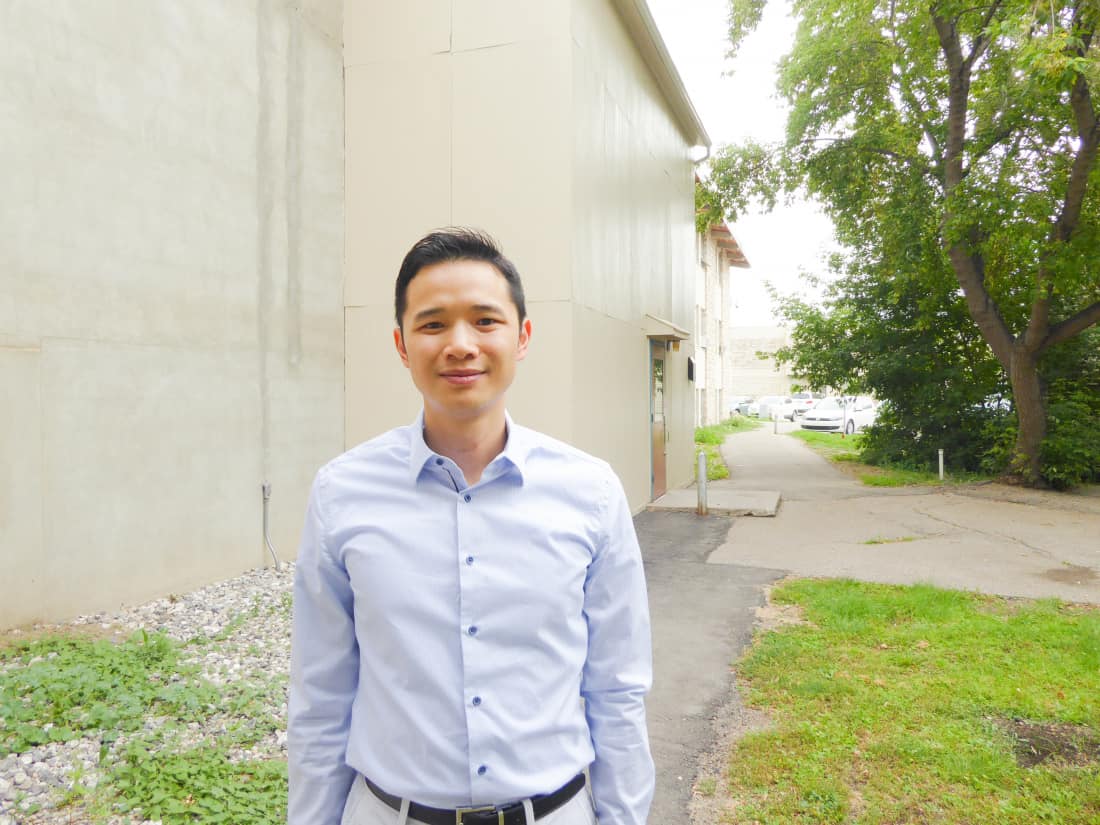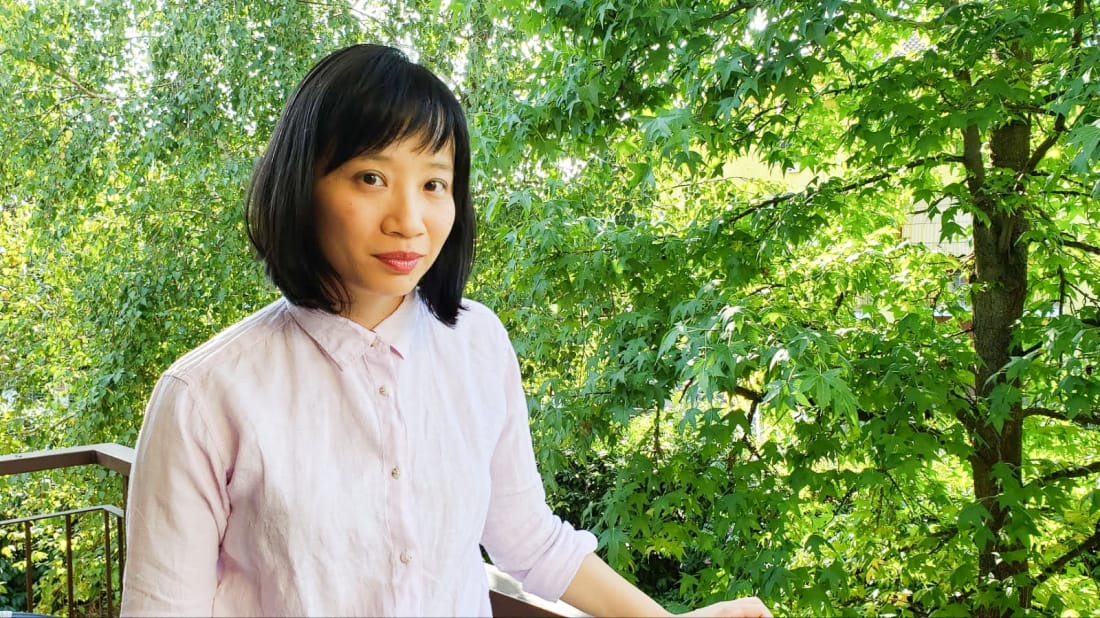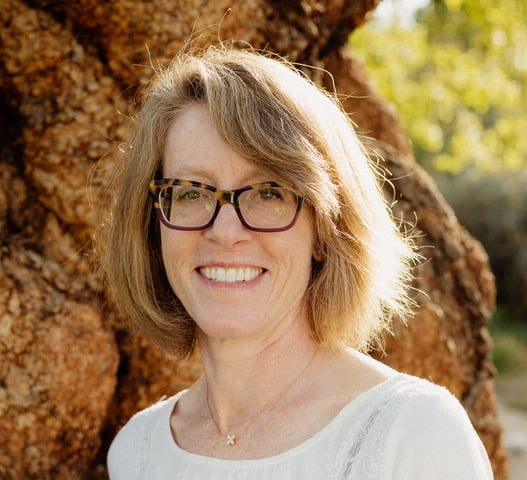What has been your experience in teaching freshmen?

Gary Au, faculty member in mathematics and statistics: “In my experience, they all come in with very different backgrounds and abilities. [Students] need to be alert and catch up quickly if that’s the case. Some will have exposure to much of the material already and for them the course seems so easy that they get a false sense of security and when they see something new; it’s like they’ve been hit by a train.”
Joanne Leow, faculty member in English: “I’ve had a wonderful time teaching freshmen! I think it is an ideal moment to introduce them to literature at the university level and give them a survey of the great diversity of texts from a wide variety of periods, genres and authors. Since my specialty is transnational and decolonizing texts, I also take great pride in teaching texts from minority, migrant, LGBTQ and international writers whom the students may not have encountered before and may not read in other more traditional English literature courses.”
Catherine Famiglietti, faculty member in mathematics and statistics: “Some of them are fairly nervous. A lot of them don’t know what to expect. Others, depending on their background and family, they might feel a lot more comfortable. Some haven’t been away from home in the past so they have to adapt to being alone and all of that freedom. A lot of people have anxiety associated with maths and have preconceived ideas that they are not going to like it or not going to do well in it.”
What do you look for in your students?
Leow: “Enthusiasm, curiosity and a willingness to learn from their mistakes. I am always impressed by the students who start scoring As in my courses from the beginning, but I am even more impressed by the ones who work themselves up from a low C to a high B — they are the ones who have been able to internalize feedback on their writing and really improve it. I do think attendance is very important as well unless there are extenuating circumstances.”

Au: “It’s great to have an open mindset [because] you are here to learn. Sometimes you think you already know something going into a lesson and you are not open to change. Or in math, it also happens that [students say] ‘I’m not a math person and I’m never going to be. I suck and I’m never going to change.’ Everyone goes from not knowing to knowing and you have to be open to that process.”
Famiglietti: “The classes are pretty big. The students that you get to know in those classes are the ones that come to talk to you either after class or during office hours. My advice would be to keep up with the classwork, and when they have a difficulty, to get their questions answered as they go through the class and not right before a quiz.”
What were you like as a student?
Au: “I would say I was very ordinary. I wasn’t the most hard working and I wasn’t the most intelligent, but I had enough guilt and conscience to do enough to not fail a class. I performed a lot better and felt more belonging in classes where I had friends. First-year students, some of them are local, but some of them are leaving a lifelong support system behind. So even [if] the professor is not great, being immersed in a learning environment and making friends helps a lot.”
Leow: “I won’t lie… A total nerd! I was also always going for office hours because I had so many questions.”
Famiglietti: “I didn’t really know what I wanted to do when I started. I was a good student; I studied well and prepared for tests and I always enjoyed school, so it came fairly easy to me. My difficulty was the transition — being a student in my first time away from home, homesick and a little intimidated by the environment. But that probably lasted until the first set of midterms and then I was more comfortable in the work.”
What was the best part of your university experience?
Au: “The best part, at least for me, was the room to understand and discover myself. Imagine your life being like a journey — when you are young, your parents and your teachers are the main drivers and you are just in the passenger seat. I found that university was the first time I felt like I could spread my wings and do the things I wanted to do. I lived in residence and I was mostly on my own. I had the time to have a real conversation with myself and ask: ‘What makes you happy? What do you really like?’”
Leow: “Definitely the connections and friendships that I made. University is such a fantastic time to seek out people with similar ideals and interests. Otherwise, I was really excited by the breadth of knowledge that suddenly became available to me. I took modern dance, beginning astronomy, and introduction to architecture and other electives that had little to do with my major. This helped me broaden my horizons and understand how other disciplines have really different approaches to knowledge.”

Famiglietti: “The best part for me wouldn’t be the academics, it would be the friends you make and the growing up that is done from when you are 18 to when you reach real adulthood, for me at least, when you graduate. All that social learning — I think a lot of college students grow up a lot in that time, and I did.”
If you could give freshmen one piece of advice, what would it be?
Au: “Being a part of a community is very important. If things are going to go wrong, you have more people to notice the first signs and ask if you are okay. If you don’t understand something, come to office hours and talk to the professor. I love to talk to my students. Maybe first-year students might think of professors as intimidating, but not everyone’s like that. Most professors love what they do, so the experience is usually very positive.”
Leow: “Remember to take time for self-care — especially for your mental health! Take time to exercise and eat well. University is a scary and exciting time but there are definitely resources on campus like Student Wellness that are there for you. Remember to access them when you need them!”
Famiglietti: “Don’t be afraid to talk to your professors. Get to know them and introduce yourself. Strong students and students that struggle — most faculty would love to get to know all of them. The friendly faces in the class really help from a teaching point of view. When I taught in California, students really took advantage of office hours; they would come, they asked a lot of questions and my office hours were always full. I don’t know if that’s a cultural difference, but here much noticeably fewer come to office hours. That’s something to push.”
Watch other professor interviews at the Sheaf’s youtube account. “Meet the Teacher” is a multi-part video series developed by the Sheaf to help students get to know their professors in an entertaining and non-conventional way. University of Saskatchewan faculty are interviewed about their personal and professional backgrounds before being confronted with comments — both positive and negative — from the website ratemyprofessor.com.
—
Ana Cristina Camacho/ News Editor
Photos: Supplied by Professors interviewed